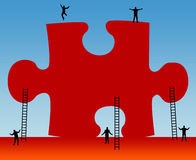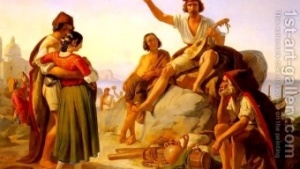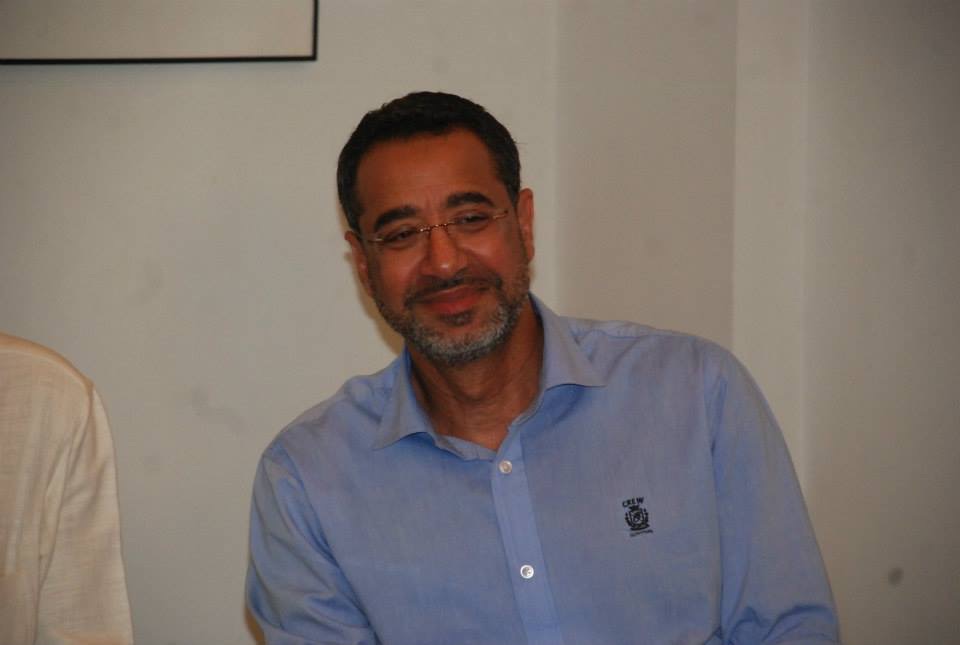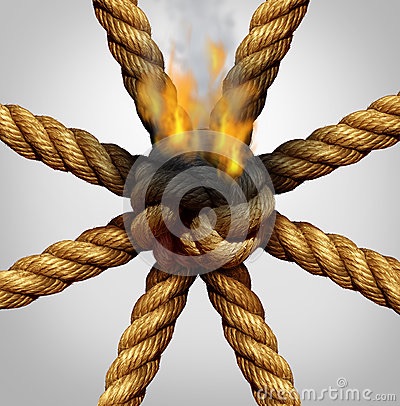In the old days, power through authority was the biggest pillar of desire and ambition. Kings could change the world. The Pharaoh even had the arrogance to think he could reach for divinity. He was rudely corrected and put in his place, but in the end Kings dominated the world. Power told! Alexander climbed mountains to conquer, Hannibal crossed seas to challenge Rome and Muhammad Fateh dragged ships across land to subjugate.
*from the 1939 movie Gulliver's Travel
Along came Magna Carta in 1216 and the authority of Kings was fenced. You can influence, but you cannot make rules without 'Us' (Us can be various segments of society at different times). The French Revolution in 1789 dealt a fatal and final blow to Kings and the future definition of power changed totally. From a throne, to a series of chairs debating in a hall. In various forms, for the last century this has been a constant. Though there are recent signs that a change is coming soon, in the power of authority, but for the moment 'Power is exercised via cliques and interest groups, while individual authority has receded'.
Throughout history, money also had its place in individual ambitions. In earlier times, money could be substituted by land, or gold or flocks of livestock. In the Industrial Age it became factories, stocks of goods or commodities, plus paper. Paper which could translate into gold, shares or money. Today it need not be in any physical shape at all. Simply, a digital entry may be worth billions. Facebook, Uber, Google are just such examples. But money always had its limitation. It need not translate into power. Hence, Shylock had to concede to a judge and Qarun (in the Quran) was shown his real place, though he was richer than rich. And hence, China can shut out Facebook.
Nevertheless, ambition for money is a constant drive through history. For some it could be greed and for others it is that elevation of status which is another part of man's ego. We love to be admired and unfortunately this world admires money. So despite its limitation money attracts. I hear someone saying what about comfort and luxury? Comfort and luxury can be achieved with reasonable amounts of money and does not need billions of dollars. That extra bit of money ambition is placed at the door of ego.
Modernity is shaping out in a different direction. Fame seems to have overtaken money and power. I have no research to justify this statement, but it is what I observe. People are dying to be famous. It can be through stardom, but it can be as big through social media. It need not translate into money, but it definitely translates into power.
The Twitterati, Facebookers, Instagramers, Whatsappers, Bloggers can move governments and societies today. Remember back to the Arab Spring and see the devastation it caused. And then there was Obama, moving opinions and grabbing the biggest job in the world. It was all done through the power of connectivity and social media. Lately, so much of Brexit and Trumps power and success have come via online connectivity fame.
This fame and power equation has been further accentuated by the use of 'fake news'. Just a decade ago, it would have been inconceivable that non-existent events could drive power. Today, if I am clever enough and skilled enough, I can create a false event on the net and get it accepted as truth. Based on this acceptance, I can then drive public opinion, my own popularity and eventually acquire the power to influence. Unfortunately, presently there is no defence against such an eventuality. We see that regularly, when totally false and illogical facts are being retweeted a dime a dozen.
We are entering a new age of power. More than anything else, ambition in our children will be connectivity and its trappings of power. The consequences of such a social change is mind boggling. More than ever, the up-bringing and value system of our children is an imperative. With no boundaries to truth, only values deeply set in the mind can keep this world on a fair and decent road.
*from the 1939 movie Gulliver's Travel










